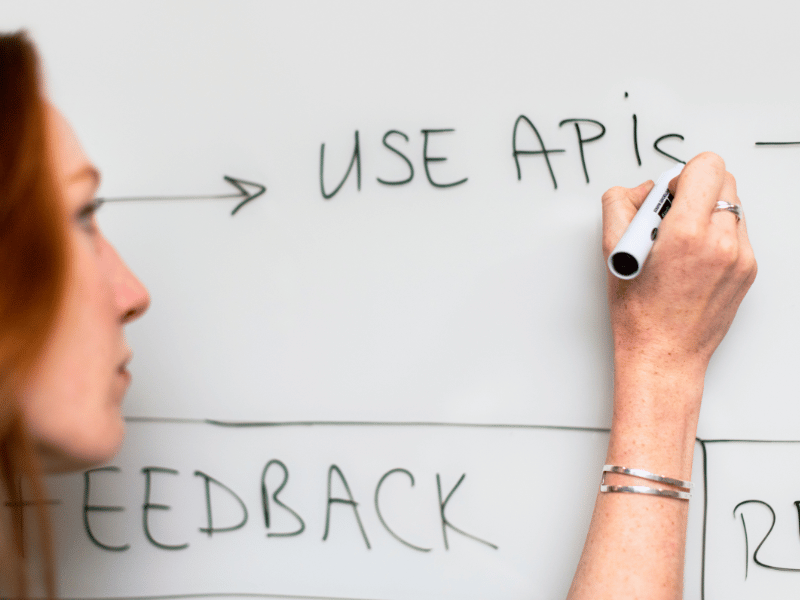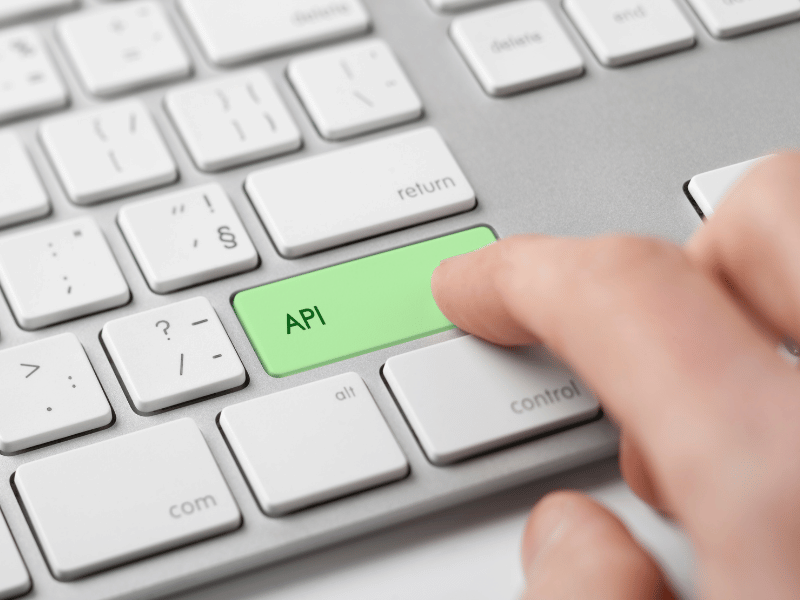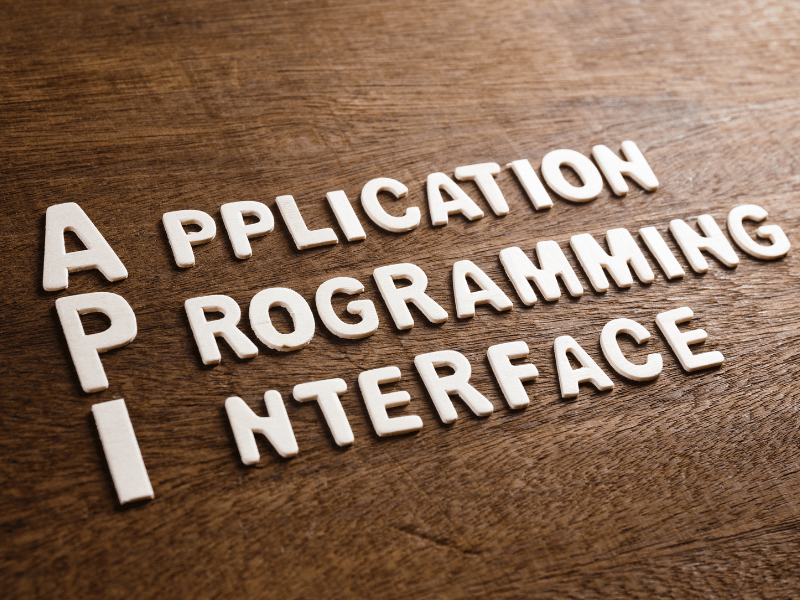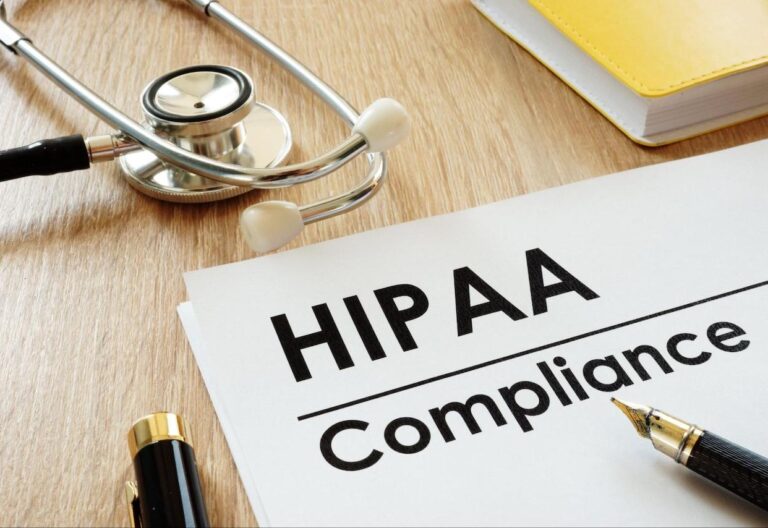Healthcare providers need a HIPAA compliant chat API to ensure the privacy and security of their patients’ medical information.
As the healthcare industry adopts digital platforms, it’s important to learn about HIPAA compliant chat APIs, their benefits, and how to implement them in your organization.
Table of Contents

What Is a HIPAA Compliant Chat API?
HIPAA compliant chat API (application programming interface) allows healthcare organizations to communicate securely. Its primary function is to help the organization adhere to the Health Insurance Portability and Accountability Act (HIPAA) standards.
HIPAA law provides strict regulations for protecting protected health information (PHI) in the United States. Health plans, clearinghouses, providers, and business associates must follow HIPAA compliance safeguards to keep PHI private. These safeguards include technical, administrative, and physical security standards. A HIPAA-compliant messaging API is one way covered entities and business associates can follow these standards.
TechTarget defines an API as a set of code that enables two software programs to communicate. For example, the Google Maps API allows developers to integrate Google Map services into their own apps, providing features like displaying maps, retrieving location information, and offering directions. Similarly, a HIPAA-compliant messaging API can be integrated into healthcare software, such as electronic health records (EHR), allowing healthcare providers to send and receive PHI following HIPAA standards.
An API for HIPAA compliant chat should provide the following security features:
- Encryption – Messages exchanged between parties are encrypted (converted to a secret code) so they can be protected while in transit and at rest to ensure data privacy, security, and integrity.
- Access controls – These include features that guard against unauthorized access: user authentication, role-based access controls (RBAC), and session management.
- Audit controls – The messaging system is monitored to protect against vulnerabilities. Access and modifications to PHI are logged so you can review them.

Benefits of Using a HIPAA Compliant Chat API
A HIPAA compliant messaging API integrates directly into the existing healthcare software, such as Electronic Health Records (EHR) systems, practice management software, or patient portals. It also provides advanced security features.
This integration and security offers several benefits:
Security
This is the primary benefit of a HIPAA compliant chat API. It ensures that sensitive patient information is protected when you send or store it on a device. Encryption, access controls, and audit trails protect PHI so it remains confidential and secure from data breaches.
Convenience
If you work in healthcare, you’re expected to respond promptly, especially during emergencies. A HIPAA compliant messaging API enables you to send and receive messages without switching between different applications, saving time and reducing the risk of missing important communications.
Consistency
The API for HIPAA-compliant messaging keeps a complete and accurate record of all communications within the same platform. All authorized persons can access the same messages, which ensures everyone is on the same page regarding the patient’s treatment plan.
Emergency Response Using a HIPAA Compliant Chat API
During an emergency, a doctor can use an EHR system to access patient records and, at the same time, use the integrated messaging API to communicate with nurses, specialists, and other healthcare providers. Quick and smooth communication because of the API helps everyone involved take immediate action. Healthcare staff can coordinate medications, prepare for surgery, or transfer the patient to different facility without leaving the EHR system.

Implementing a HIPAA Compliant Chat API in Healthcare Organizations
Implementing a HIPAA compliant chat API requires investing in trusted platforms and careful planning. Here are some steps to take:
Choose a HIPAA compliant chat API provider
Select a reputable messaging API provider that enables HIPAA compliance. Not all chat APIs follow compliance standards.
The provider should be able to sign a business associate agreement (BAA) that outlines its responsibilities as a business associate under HIPAA. The chat API should also have security features that enable compliance.
Train staff on HIPAA compliance
Compliance with HIPAA goes beyond choosing a suitable software intermediary. Your organization should follow best practices to ensure that everyone handles PHI carefully. An organization could be more at risk of a data breach with staff that lacks sufficient knowledge and proper training on HIPAA guidelines.
Integrate with existing systems
Many EHR systems and practice management (PM) platforms can integrate with a chat API. However, not all have this capability. The ability to integrate depends on several factors such as API support and flexibility, EHR/PM system customization, interoperability standards, and vendor support. Choose EHR and PM platform vendors that support integrations with third-party chat APIs or that provide their own HIPAA compliant chat API.
Monitor and update your system
Always upgrade your system with the latest patches and updates. This practice helps you avoid a data breach, which can be caused by security vulnerabilities caused by outdated software. Regularly monitor audit logs and access controls to ensure that only those officially authorized can access PHI and other sensitive health details.







